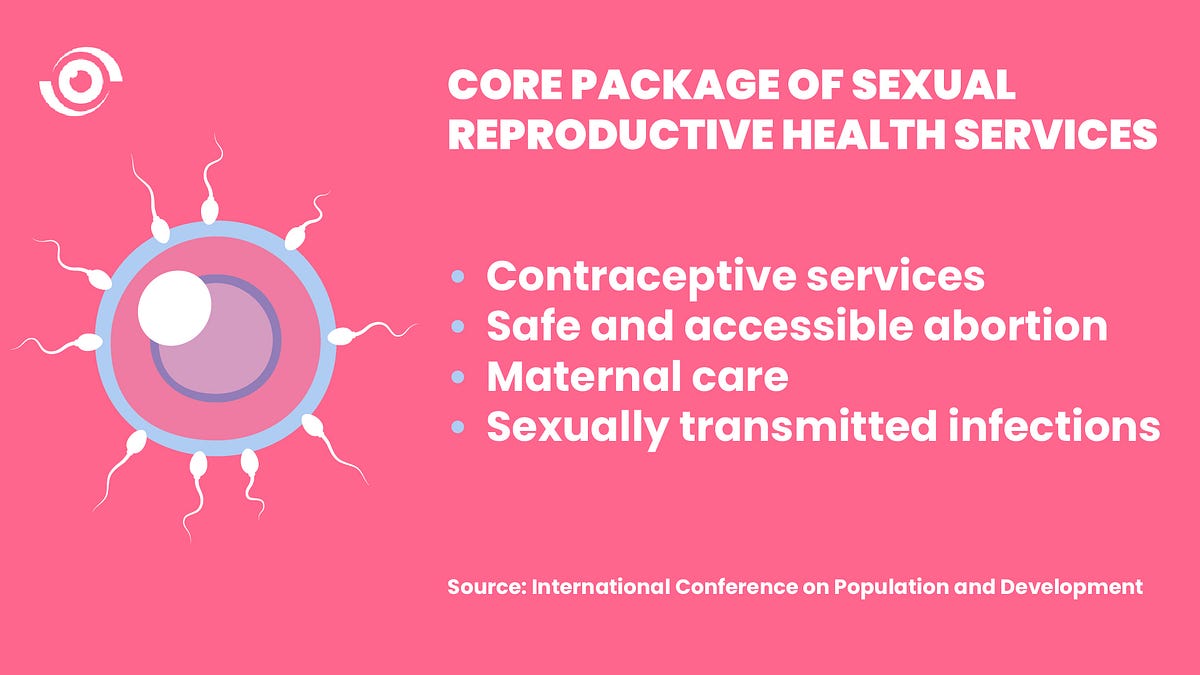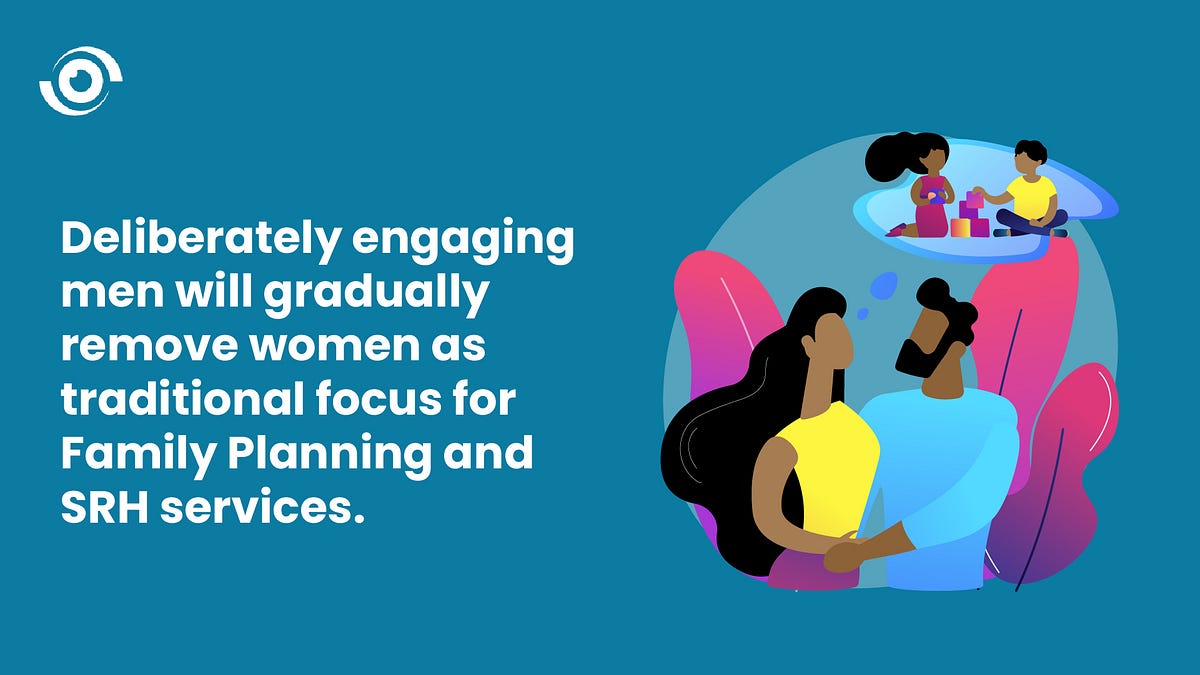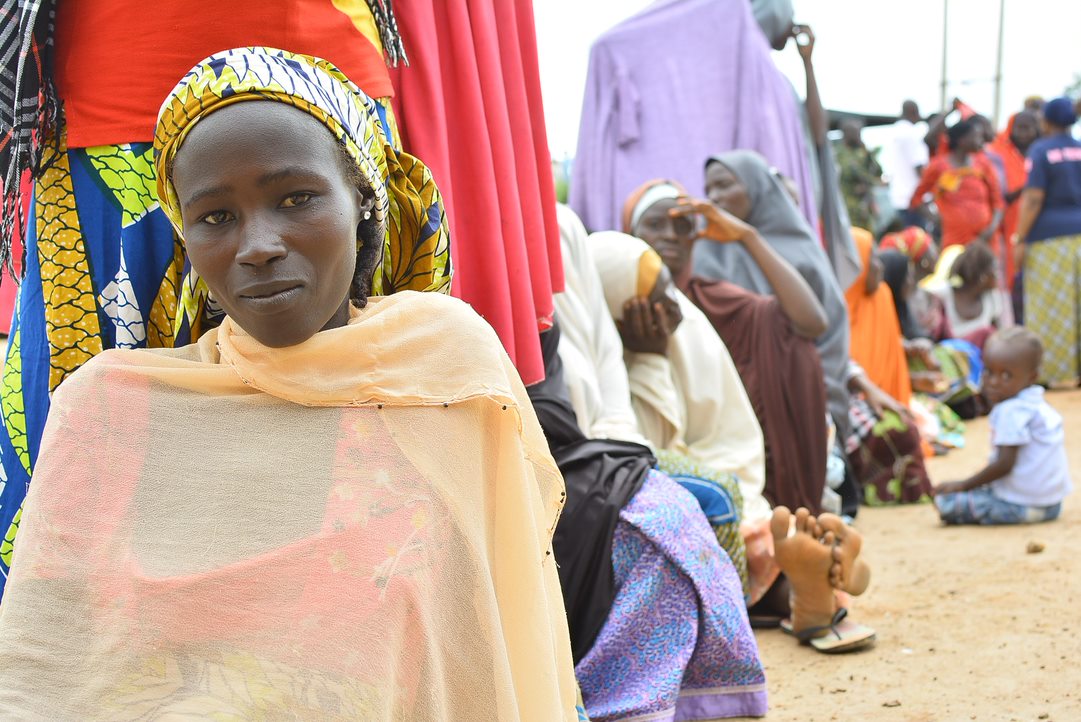Indo (not her real name) was just 15 years old when she became pregnant. Her boyfriend took her to the only general hospital in their community to terminate the pregnancy. The general hospital did not offer safe abortion services, so, the midwife advised them to formally inform their parents and make necessary arrangements to have the baby. Indo was afraid of her parents’ reaction and the stigma that she would face in the community for having a child before marriage. The midwife encouraged Indo to bring her mother to the clinic so she could speak with her. But Indo and her boyfriend were still shopping for other options and since they did not have access to other credible service providers, they decided to use a local herbal concoction to terminate the pregnancy. Two days after leaving the general hospital Indo was rushed back, lifeless and bleeding profusely. It took the midwife over four hours to control the bleeding. By this time, her parents were already aware, as they had to donate blood for their daughter. Indo was transfused with two pints of blood. She stayed two weeks in the clinic before making a full recovery.
Indo lives in Dikwa, Borno State in Northeast Nigeria. Dikwa is one of the communities most affected by the insurgency in the North East. The insecurity and resulting worker attrition have resulted in limited access to comprehensive Sexual and Reproductive Health (SRH) and other health services in the area. From a shortage of SRH commodities at the point of need, to unfriendly health workers and limited youth centres, girls like Indo are unable to access the SRH services they need. As a result of this, they tend to look for alternative, sometimes detrimental, means to meet their SRH needs.
A comprehensive Sexual and Reproductive Health Package
Good sexual and reproductive health is when people have the ability to have a satisfying and safe sex life, have the freedom to decide if and when to reproduce and how often to do so. In 1994, the International Conference on Population and Development (ICPD), convened under the sponsorship of the United Nations and introduced the concept of sexual and reproductive health and rights. It outlined the core package of SRHR services to include contraceptive services and supplies, safe and accessible abortion and the humane treatment of complications from unsafe abortion; maternal care, including antenatal care, skilled attendance at delivery, emergency obstetric care, post-partum, and newborn care; and prevention, diagnosis, and treatment of sexually transmitted infections (STIs). The integration of all SRH services gives people the opportunity for multiple needs to be met concurrently.
Access is key to maintaining one’s sexual and reproductive health, and it begins with accurate, and vital information that can empower people to protect themselves from sexually transmitted diseases and prevent unwanted pregnancies. Also, access guarantees a woman’s choice to decide if and when she wants more children, and provides services that can help women have safe pregnancies, deliveries and have healthy babies when they choose to.

No girl or woman should have to go through Indo’s experience, whether they are in conflict or non-conflict areas. Considering the added challenges that conflict poses to access, here are three ways to ensure every girl and woman has access to integrated SRH services in conflict areas.
Trusted and well-trained traditional birth attendants (TBAs) as SRH advocates in conflict areas
In Indo’s community, TBAs were used by midwives to improve access and utilisation of SRH services. The midwives found out that the women in the community were not willing to visit the general hospital. The women were not going to the general hospital to access services because they did not trust the ‘strangers’ who ran the general hospital, most of whom were healthcare professionals employed by international health or relief agencies. They were more comfortable going to TBAs for services, as these tended to be women from their own communities. To ensure that women have access to quality of care, four of the TBAs were trained as community volunteers to assist with SRH services by the midwives. Surprisingly, this proved successful as hospital attendance increased significantly within six months according to the midwife. The services at the general hospital in Dikwa are free, so it was easy for the TBAs to convince women to go to the general hospital. The TBAs were paid monthly stipends for referrals to the clinic and home visits. Services provided at the general hospital include antenatal and postnatal services, deliveries and child spacing services.
Youth leaders in conflict areas as SRH advocates
In Somalia, thirteen young health professionals and health promoters were trained to strengthen their knowledge and capacity for SRH services and to provide SRH information services to youth and adolescent in camps for Internally Displaced Persons (IDPs). This kind of initiative enables young people to use their network, social support groups and friendliness to discuss issues regarding their sexual and reproductive health without the fear of being judged, intimidated, or stigmatised. This peer-to-peer approach is a powerful tool to employ in advocating to youth on SRH, because youth can achieve better results when communicating the importance of sex education to their peers. SRH organisations working in the Northeast and other conflict areas can adapt this method to ensure that young people in the communities in which they work have the right information about their sexual health and reproductive rights.

Men as SRH advocates
Engaging men as advocates can be useful for expanding access to SRH services. In 2018, Nigeria Health Watch through her Health Watch Forum themed; ‘ Elephant in the Room: Men as Change Agents in the Family Planning Discourse’ encouraged men to support their partners in seeking family planning services. Even though men are beginning to get involved in the SRH discuss, this survey shows that it is still a work in progress that should be strengthened. With gender equity gaining momentum as a necessity for better health, men, including male youth, can serve as good advocates to fellow men on issues of SRH especially in conflict zones. Indo’s fear is an indictment on society for constantly shaming women and girls for unwanted pregnancies without holding male partners accountable. Deliberately engaging men will gradually remove women as a traditional focus for family planning and SRH services.

While there is no magic wand for providing SRH services in conflict zones, government, humanitarian organisations, international partners, program managers and community members must look into the communities in conflict zones and use existing societal structures to improve women and girls’ access to SRH services.
In times of conflict, women, girls, and children usually bear the brunt of violence. Let us ensure that girls like Indo do not face an added burden of having to attempt unsafe abortions.


